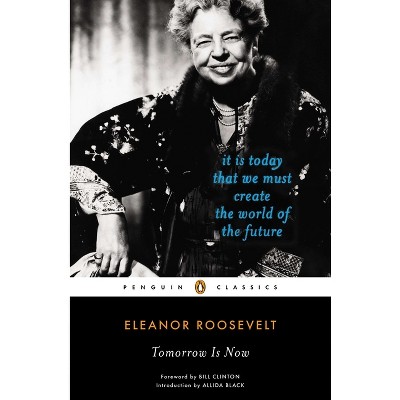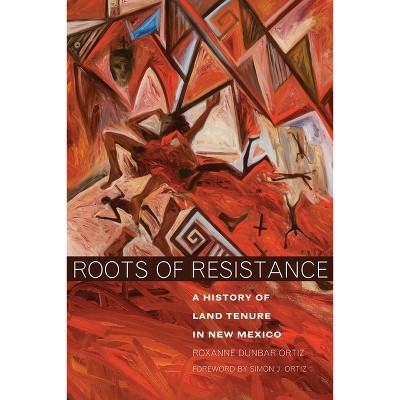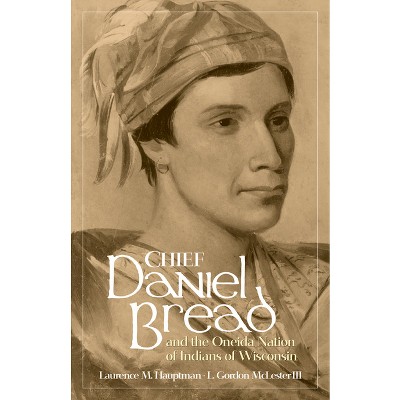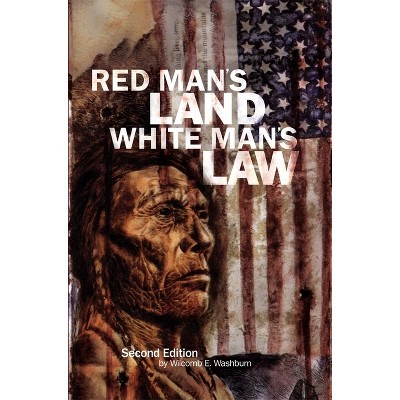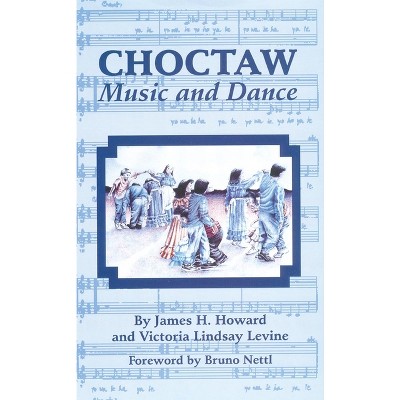Sponsored

Voices of Resistance and Renewal - by Dorothy Aguilera-Black Bear (Paperback)
In Stock
Sponsored
About this item
Highlights
- Western education has often employed the bluntest of instruments in colonizing indigenous peoples, creating generations caught between Western culture and their own.
- Author(s): Dorothy Aguilera-Black Bear
- 236 Pages
- Social Science, Ethnic Studies
Description
About the Book
Voices of Resistance and Renewal provides a variety of philosophical principles that will guide leaders at all levels of education who seek to encourage self-determination and revitalization. It has important implications for the future of Native leadership, education, community, and culture, and for institutions of learning that have not addressed Native populations effectively in the past.Book Synopsis
Western education has often employed the bluntest of instruments in colonizing indigenous peoples, creating generations caught between Western culture and their own. Dedicated to the principle that leadership must come from within the communities to be led, Voices of Resistance and Renewal applies recent research on local, culture-specific learning to the challenges of education and leadership that Native people face.
Bringing together both Native and non-Native scholars who have a wide range of experience in the practice and theory of indigenous education, editors Dorothy Aguilera-Black Bear and John Tippeconnic III focus on the theoretical foundations of indigenous leadership, the application of leadership theory to community contexts, and the knowledge necessary to prepare leaders for decolonizing education.
The contributors draw on examples from tribal colleges, indigenous educational leadership programs, and the latest research in Canadian First Nation, Hawaiian, and U.S. American Indian communities. The chapters examine indigenous epistemologies and leadership within local contexts to show how Native leadership can be understood through indigenous lenses. Throughout, the authors consider political influences and educational frameworks that impede effective leadership, including the standards for success, the language used to deliver content, and the choice of curricula, pedagogical methods, and assessment tools.
Voices of Resistance and Renewal provides a variety of philosophical principles that will guide leaders at all levels of education who seek to encourage self-determination and revitalization. It has important implications for the future of Native leadership, education, community, and culture, and for institutions of learning that have not addressed Native populations effectively in the past.
Review Quotes
"Voices of Resistance and Renewal describes leadership principles promoting Indigenous self-determination and educational sovereignty. The chapters, written by leading Indigenous and non-Indigenous educational scholars, document the need for culturally informed, community based educators who can build on Indigenous ways of thinking in order to decolonize Indigenous education and improve teaching and learning for students. Anyone interested in Indigenous educational leadership should read this book."--Jon Allan Reyhner, editor of Teaching Indigenous Students: Honoring Place, Community, and Culture
"Voices of Resistance and Renewal is a welcome addition to the growing literature on American Indian educational leadership. It brilliantly demonstrates how Native leaders have used Indigenous epistemologies as a way of practicing tribal sovereignty and self-determination, and it pushes back against those colonial mindsets that all too often interpret Native history and studies within a Western frame of understanding."--Matthew Sakiestewa Gilbert, author of Education beyond the Mesas: Hopi Students at Sherman Institute, 1902-1929
"A masterful collection that successfully applies Indigenous principles of leadership to help develop American Indian self-determination and educational sovereignty. The authors provide clear, concrete evidence and suggestions for successful policies and practices within Native societies and school settings."--Tsianina Lomawaima, author of To Remain an Indian: Lessons in Democracy from a Century of American Indian Education and Uneven Ground: American Indian Sovereignty and Federal Law
Shipping details
Return details
Trending Non-Fiction




